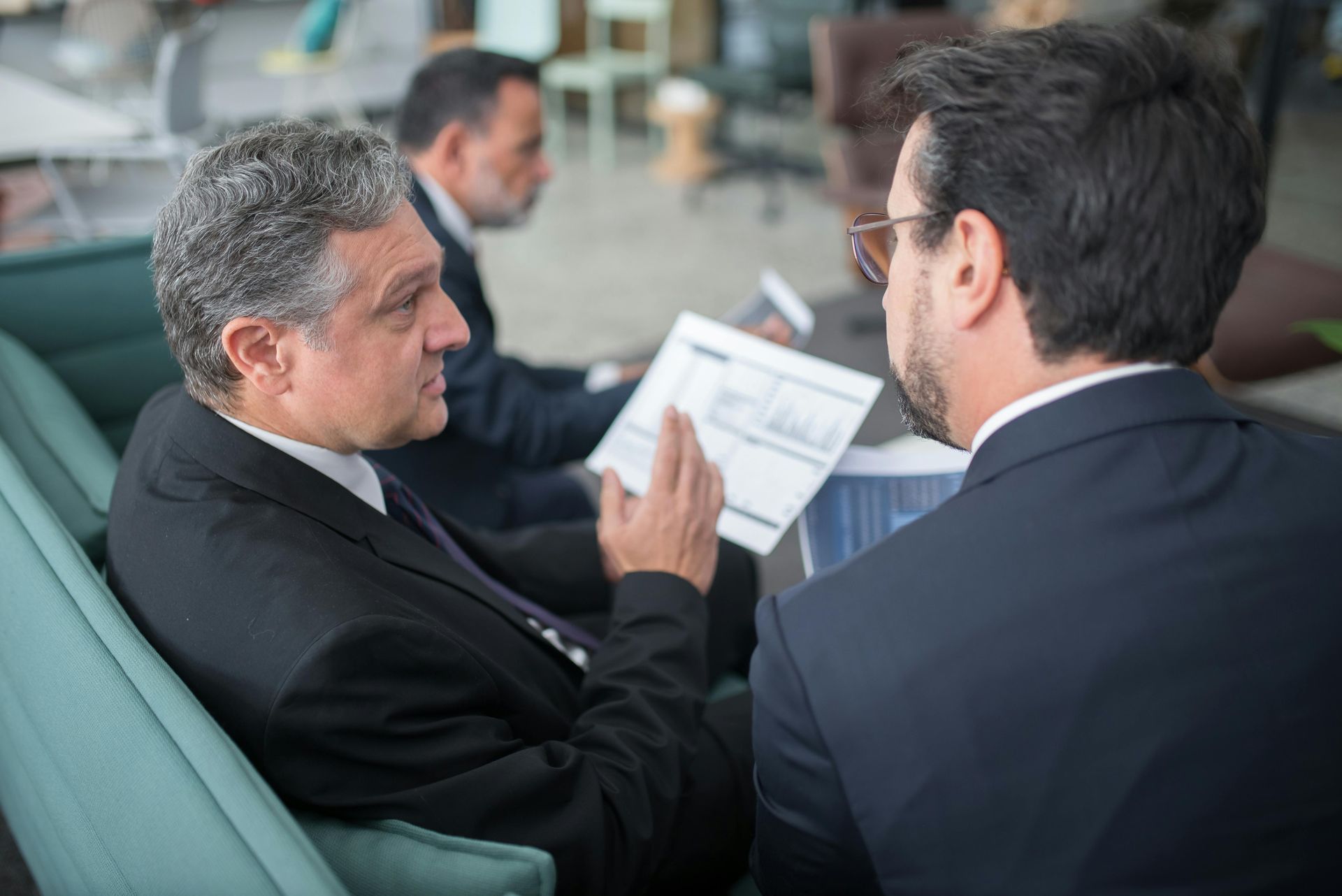Technology Transfer Diplomacy and the Challenge of Our Times
Note:
Below appear the remarks Assistant Secretary Ford delivered to the Multilateral Action on Sensitive Technology (MAST) plenary meeting on September 15, 2020. They may also be found here , on on the website of the U.S. State Department's Bureau of International Security and Nonproliferation.
Good day, everyone, and welcome to the 2020 plenary meeting of the Multilateral Action on Sensitive Technologies (MAST) process. This is the third year that MAST has been in existence, and it’s a pleasure to see this forum thriving despite the continuing global pandemic and the need to hold such meetings only in a “virtual” manner.
The need for something like MAST is more apparent than ever. Indeed, so also is the need for ongoing improvements in bilateral and multilateral coordination of all sorts among the world’s free and democratic nations as we together confront pervasive and systematic technology transfer threats from authoritarian regimes that seek to acquire sophisticated technology abroad and to use it in support of revisionist agendas that are gravely destabilizing the geopolitical arena.
There was, of course, a time, earlier in the post-Cold War era, when free democracies did not take these threats very seriously. Fortunately, we have learned a great deal since then. Unfortunately, we have had to. Not since the late the 19th Century, if ever, has the world seen the sort of determined and systematic effort to acquire and repurpose foreign technology and know-how in service of disruptive and destabilizing global political and military ambition that we face today – and even that loose historical parallel is deeply disturbing in its implications.
On top of this, we face growing dangers to the privacy and integrity of information belonging to the citizens of each of our countries, and belonging to commercial, industrial, and financial entities throughout our societies and economies. All of these struggles, moreover, are taking place in the context of a technological environment characterized by rapid – one might even say bewildering – rates of change, and the constant emergence and evolution of technologies with enormous potential to catalyze disruption, for good or for ill.
Such a juxtaposition of challenges is without historical precedent – and, with authoritarian challengers quite openly seeking to occupy the commanding heights of mid-21st Century technological innovation in service of their revisionist geopolitical ambitions, there is every reason to be alarmed. This also, however, gives us every reason to come together to find collaborative solutions.
What we are all engaged in is thus part of a commendable, if overdue, response to these threats. MAST represents one facet of a new and rapidly expanding arena of cooperative engagement that one might describe as “technology security diplomacy,” aimed at building what I have described over the last couple of years as “ coalitions of caution.” It is time for us all to work to bring our friends and partners together to “ compare experiences and improve coordination on common technology-transfer threats intimately linked to our common security in a geopolitically challenging world.”
This kind of engagement creates invaluable opportunities. It creates chances to build and to share awareness of evolving threats, to share perspectives and compare notes on “best practices” with which to respond to technology-transfer challenges, to develop and improve cooperative synergies, to explore mutually supportive capacity building enterprises, and to form closer partnerships in mitigating the threats presented by authoritarian influence and manipulation of economic relationships. Taking advantage of the potential that such diplomacy offers will be essential to our collective success in finding answers to these problems.
The MAST process is clearly growing in its maturity and its influence. What started merely as a very promising idea is now an established forum in which likeminded countries routinely compare experiences and improve coordination on common technology-transfer challenges. We will hear about your experiences during our plenary discussions over the next three days, and we look forward to sharing our own.
All your governments should be congratulated for coming together for this third annual MAST plenary conference. We certainly face huge challenges, but your participation in this event – and the work we’ve all been doing together – helps point the way to answers that will make us all more secure, more prosperous, and more free in the years and decades ahead.
Thank you.
-- Christopher Ford









